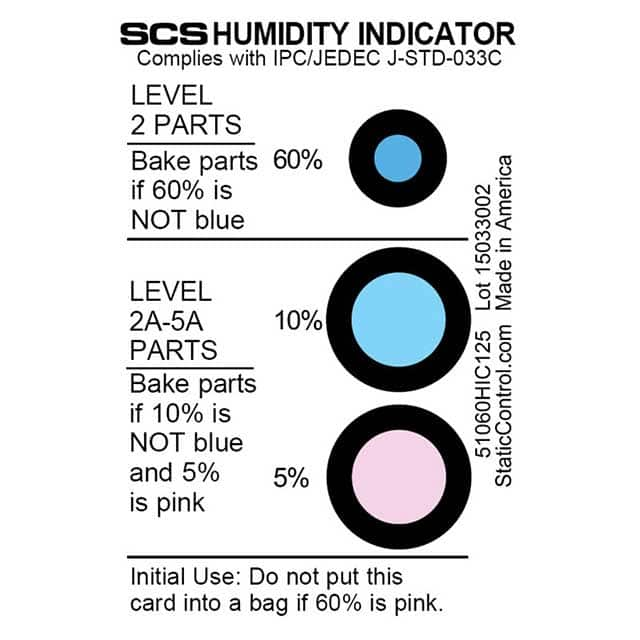Exynos 2400: Samsung's Remarkable Comeback
Samsung has made a significant announcement after an absence of over a year: the reintroduction of its high-end Exynos chipset. At the recent System LSI Tech Day 2023 event, Samsung Electronics unveiled its latest marvel, the Exynos 2400 processor, showcasing substantial enhancements across its CPU, NPU, GPU, and 5G modem components. These advancements have sparked considerable anticipation within the tech community, with industry watchers speculating about its potential inclusion in Samsung's forthcoming flagship smartphone series, the Galaxy S24.
It is important to note that while the Exynos 2400 is generating substantial excitement, Samsung has yet to provide official confirmation regarding its integration into the Galaxy S24 series. Nevertheless, should this speculation materialize, the Exynos 2400 holds the promise of delivering superior user experiences, strengthening the reputation of the Exynos brand, driving increased demand for Samsung's semiconductor manufacturing division, optimizing procurement costs for Samsung's MX department, expanding Samsung's market share in the mobile processor segment, and positioning Samsung to capitalize on the burgeoning field of active AI technology.
The Exynos 2400 represents the pinnacle of semiconductor technology, leveraging Samsung Electronics' cutting-edge 4nm process. In comparison to its predecessor, the Exynos 2200, the Exynos 2400 exhibits a remarkable 1.7x increase in CPU performance and an astonishing 14.7x surge in AI performance.
A standout feature of the Exynos 2400 is its GPU, which incorporates AMD's latest RDNA3 architecture in the form of the Xclipse 940 GPU. Although Samsung has not disclosed specific performance metrics, it underscores the transformative impact of the Xclipse 940 GPU on gaming and ray tracing capabilities. With advanced ray tracing techniques such as global illumination, precise reflections, and shadow rendering, this GPU promises an unparalleled gaming experience for enthusiasts.
In tandem with its impressive hardware, Samsung Electronics has partnered with non-terrestrial network (NTN) operator Skylo Technologies to elevate the Exynos 2400's communication capabilities. Together, they have introduced a cutting-edge 5G modem, seamlessly integrating non-terrestrial network solutions into a single chip. This technological advancement empowers smartphones equipped with the Exynos 2400 to provide seamless data coverage across expansive areas during data transmission or reception.
The significance of non-terrestrial network technology becomes evident in emergency scenarios, as demonstrated in a compelling video showcased during the "Samsung System LSI Tech Day 2023." The video portrayed a satellite establishing a 5G connection in a cellular dead zone and subsequently sending rescue requests via two-way messaging. This portrayal underscores Samsung Electronics' leading position in the realm of wireless communication technology as we transition into an era of hyper-connectivity.
Industry speculation points towards the possibility that the Samsung Galaxy S24 and Galaxy S24 Plus, slated for release next year, may feature both the Exynos 2400 and Qualcomm's Snapdragon 8 Gen3 chipset. Meanwhile, the Galaxy S24 Ultra may exclusively embrace Qualcomm's Snapdragon 8 Gen3. However, Samsung has yet to confirm these details, asserting that the comprehensive chip strategy will be unveiled "as the Galaxy S24 series launch approaches."
If these speculations align with industry trends, it is plausible, based on historical patterns, that Samsung Electronics' semiconductor manufacturing division will oversee the production of both the Qualcomm Snapdragon 8 Gen3 and the Exynos 2400, potentially revitalizing Samsung's semiconductor manufacturing endeavors.
Throughout this year, Samsung's semiconductor manufacturing business has encountered formidable challenges due to industry-wide downturns and the loss of orders for high-end Exynos and Qualcomm Snapdragon 8 Gen2 processors. This has resulted in declining utilization rates, with no discernible signs of a rebound within the semiconductor manufacturing industry. Should the Exynos 2400 indeed make its way into the Galaxy S24 series next year, stimulating Qualcomm Snapdragon 8 Gen3 production at Samsung, it may lead to an upswing in the utilization rates of Samsung's semiconductor manufacturing facilities, providing a measure of respite for the operational challenges confronting the business.
Solemnly declare: The copyright of this article belongs to the original author. The reprinted article is only for the purpose of disseminating more information. If the author's information is marked incorrectly, please contact us to modify or delete it as soon as possible. Thank you for your attention!







